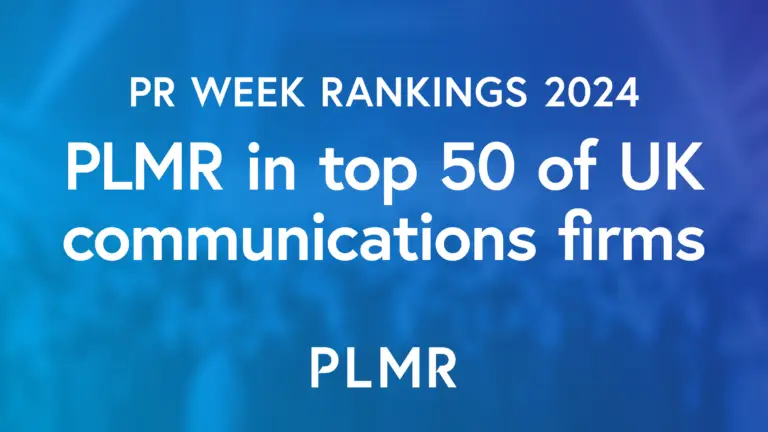40 million people now read local news in print and online every month, that’s according to the latest audience data (1) and another survey has found public trust in local news brands has grown in recent years (2) with over 80% of people agreeing they trust the news and information they see in their local news, a rise of 7% from 2018.
The media is powerful and can make or break a business. Knowing how to effectively navigate the media landscape is essential for any business, especially when we live in a fast-paced world where stories are breaking online first.
You need to know whether to react and when to do so. You also need to know how to manage media interviews to best maintain your reputation. These are all skills that can be acquired through effective media training. Whether it is an interview for print, online, radio or TV, the techniques applied largely remain the same.
Our media training covers subjects such as key message creation, techniques to keep the interview on track and on-message, managing your body language and tackling tricky questions.
We also cover handling the media in a time of crisis. Knowing what to say (or not) and how to say it is vital to maintain your business’ positive reputation.
Media training can not only give you the skills and knowledge required, but the confidence to be able to handle any media interview.
Our top five tips
1. Do your research. Find out as much as you can about the interview and the interviewer beforehand for example, what is their interview style. Try to listen/read/watch previous interviews beforehand. Find out what is on the news agenda that day and making the headlines in case it is relevant to your interview.
2. Practice your key messages. Having three key messages that you know inside out and ensure you can deploy is essential. Watch out for an interviewer leading you down another line of questioning and be prepared to ‘bridge’ back to the topic and your key messages.
3. Think of the audience and be human. Think about who is going to be listening to, reading or watching the interview. Can you introduce a more people-focussed narrative or make it relevant to the local area?
4. Keep it simple. Avoid jargon, too many statistics and speak in plain language. Your audience are not likely to be experts in the area you are talking about so explain in a way that is easy to understand.
5. Relax and enjoy it! It is true that on radio you can hear a smile so don’t forget to enjoy the process and it will boost your confidence. And if you sound confident, you will sound more trustworthy. Remember, you are the expert and if the media are talking to you, they think their audience wants to know what you have to say.
Discover more
We can tailor our training to your needs. Talk to us about our bespoke media training which can be delivered online or in-person.
Email hello@genesispr.co.uk.
References
- JICREG Trust Local
- Newsworks/OnePoll




